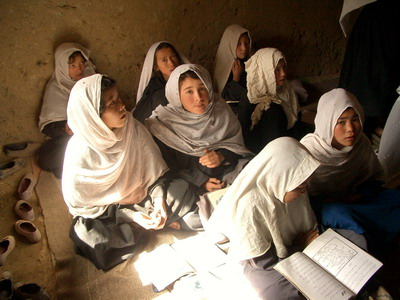
Why should we as individuals care about the Middle East? It seems so far away and distant and irrelevant to us. The fact of the matter is that our lack of knowledge has caused us to stereotype Middle Eastern people and this lack of education needs to change. Most students cannot even locate the Middle East on a map and they think that Islam is the answer to everything. In this video interview, some common misperceptions on the Middle East are clarified by Dr. Teipen.
- Why do we need to understand Middle Eastern culture?
- What is the history of our Western misconceptions?
- How should we shift the focus of U.S. aid to the Middle East?
- How has our Western culture impacted that of the Middles East?
Hopefully, watching this interview will spark your curiosity to learn more and end false accusations and assumptions about a group of people who have much more in common with both you and I than you once thought. Teipen Interview
Check out some images of Furman’s Religion Department and Dr. Alfons Teipen.

